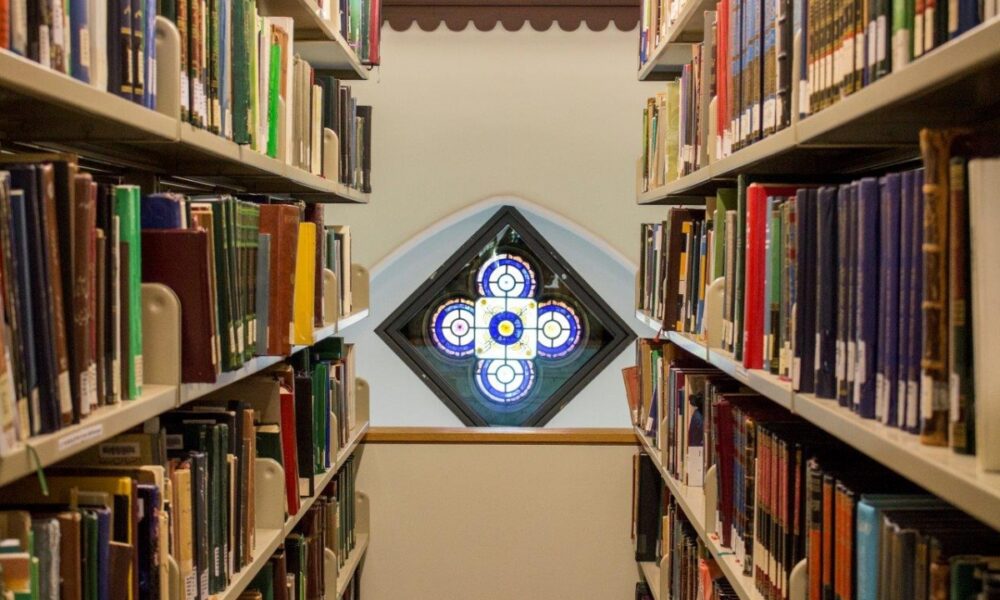The Institute of Islamic Studies, the Muslim Students Association (MSA), and McGill’s Associate Provost (Equity & Academic Policies) Angela Campbell held a remote vigil on Jan. 28 to commemorate the six lives lost in the 2017 Quebec City mosque shooting. This year marks McGill’s first commemoration of the tragedy since the federal government declared in 2021 that Jan. 29 would officially become a national day of remembrance for the victims.
Ehab Lotayef, a founding member of Muslim Awareness Week (MAW), introduced the speakers at the vigil. This year, MAW had events in Montreal as well as Gatineau, Sherbrooke, and Quebec City. Lotayef hopes that running an informative and open MAW will help reduce the rise of Islamophobia.
”The goal of [MAW] is really to take the issue of ignorance and fear that led to what happened in Quebec City, to deal with it in a core way, and that core way in our belief is to have people […] know [more] about the Muslim community,” Lotayef said.
McGill’s Principal and Vice-Chancellor Suzanne Fortier began the vigil by recognizing the importance of honouring those lost and acknowledging the necessity of fighting discrimination in the McGill community.
“This tragic anniversary also reminds us of the need to reaffirm in our own community at McGill our ongoing commitment to the values of mutual respect and inclusion, and ensure that we all live up to these values,” Fortier said.
Also present at the commemmoration was Alia Hassan-Cournol, the first Arab woman with a Muslim and Christian background to sit on the Council of Montreal. Hassan-Cournol urged McGill students to get directly involved in activism resisting Islamophobia.
“I want you guys to remember to continue on acting, to continue on being involved in politics, in your communities, in your associations, because that’s exactly what we need right now,” Hassan-Cournol said.
McGill students then took turns reading the names and honouring the lives of the victims of the shooting: Ibrahima Barry, 39, Mamadou Tanou Barry, 42, Khaled Belkacemi, 60, Aboubaker Thabti, 44, Abdelkrim Hassane, 41, and Azzedine Soufiane, 57.
Michelle Hartman, director of the McGill Institute of Islamic Studies, described the institute as a space for Muslims and non-Muslims alike to share in the research, teaching, learning, and sharing of Islam in Quebec and internationally.
“The impact of the tragedy, we have to remember, is felt not just on January 29, once a year, but all year round,” Hartman said. “The Institute of Islamic Studies continues our steadfast rejection of all forms of racism and Islamophobia and our commitment to fighting them in our local communities and beyond.”
In order to further the vigil’s discussion of Islamophobia, Sarah Abou-Bakr, this year’s recipient of the Centre culturel islamique de Québec (CCIQ) Memorial Award, spoke of her experience in combating discrimination. During the vigil, she recalled the moment she arrived at the CCIQ during an annual visit and saw a man teaching kids the Quran.
“One of the board members told me that this man [who was teaching] was shot in the stomach during the [Quebec City mosque] attack, but he made it,” Abou-Bakr said. “I think that this is a reminder that regardless of hate, we’re still here and we will be here spreading love and kindness no matter what. We will get back on our feet every single time.”
If you or someone you know if experiencing Islamophobia, support can be found at Association des musulmans et des arabes pour la laïcité au Québec (AMAL Quebec), Paroles de femmes, Justice Femme, and Lavoiedesfemmes, and the Islamophobia Legal Assistance Hotline at 604-343-3828.
In a previous version of this article stated that Sarah Abou-Bakr spoke to the Tribune in an interview. In fact, Abou-Bakr was not interviewed, her quote came from the speech she made at the vigil. The Tribune regrets this error.









